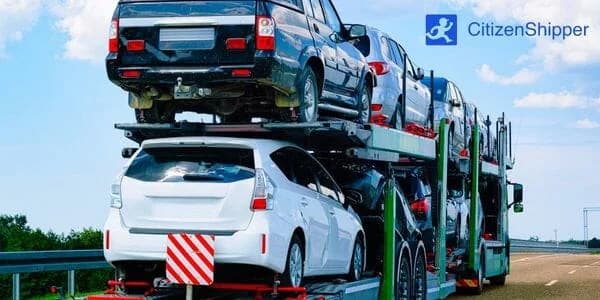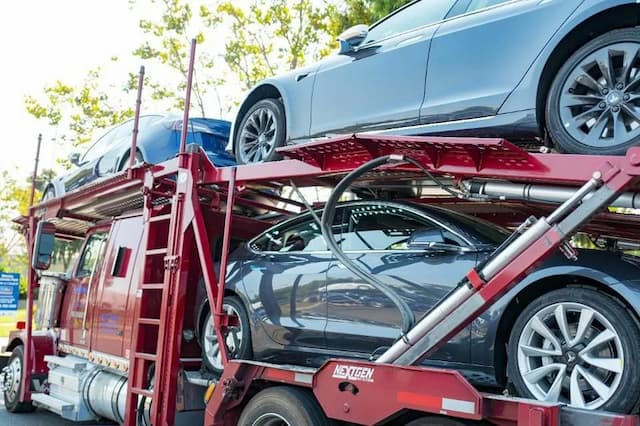Navigating Car Transport in Boulder, CO
When it comes to shipping your car in Colorado, there's a world of factors to consider. Colorado, with its mountainous terrain, rapidly changing weather conditions, and high-altitude challenges, presents a distinct set of circumstances. But don't worry! Here at CitizenShipper, we are committed to helping you navigate through it all. Whether you're moving into or out of Boulder or need to transport your car for any reason, our expert team is here to help.
Colorado's Vehicle Transportation Laws & Regulations
In Colorado, car transportation laws and regulations are in place to ensure the safety and preservation of all vehicles and public roadways. Auto transporters must adhere to the Federal Motor Carrier Safety Administration (FMCSA) regulations for safety. Compliance involves ensuring that all vehicles are properly secured during transport and maintaining necessary documents for every shipped vehicle.
All auto transporters operating in Colorado must also possess an active MC Docket number, issued by the FMCSA. This number signifies that a transportation company is registered under the federal government, allowing them to legally operate across state lines. Additionally, Colorado has specific chain laws during winter months that carriers must follow when traveling through mountain passes.
Weather & Terrain Considerations in Boulder, CO
Weather patterns in Boulder, CO have a significant impact on car shipping. With over 300 days of sunshine annually, Boulder enjoys a semi-arid climate, but don't let that fool you. Winter brings heavy snowfall, especially from November through March, which can close mountain passes and delay shipments. Summer thunderstorms can arrive suddenly, particularly during afternoon hours.
Boulder's terrain sits at the foothills of the Rocky Mountains at an elevation of 5,328 feet, with dramatic changes in elevation nearby. These geographical variations can present shipping challenges, especially for larger vehicles navigating winding mountain roads. Interstate 25 and Highway 36 are major routes, but winter conditions can make them hazardous. It's beneficial to plan and account for possible weather-related delays, particularly during winter months when mountain passes may be temporarily closed due to snow and ice.








